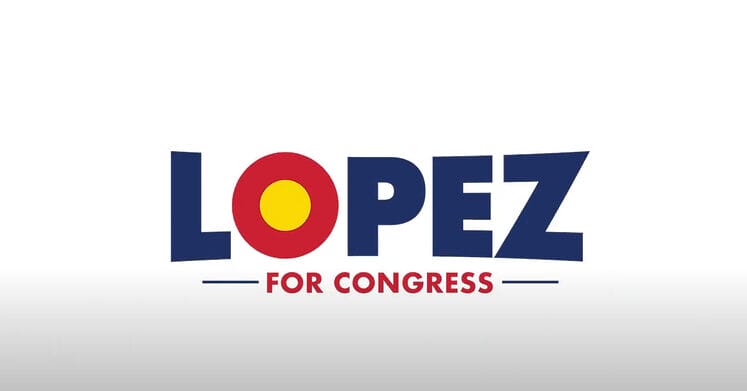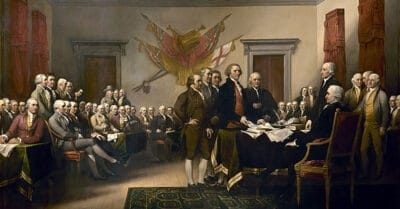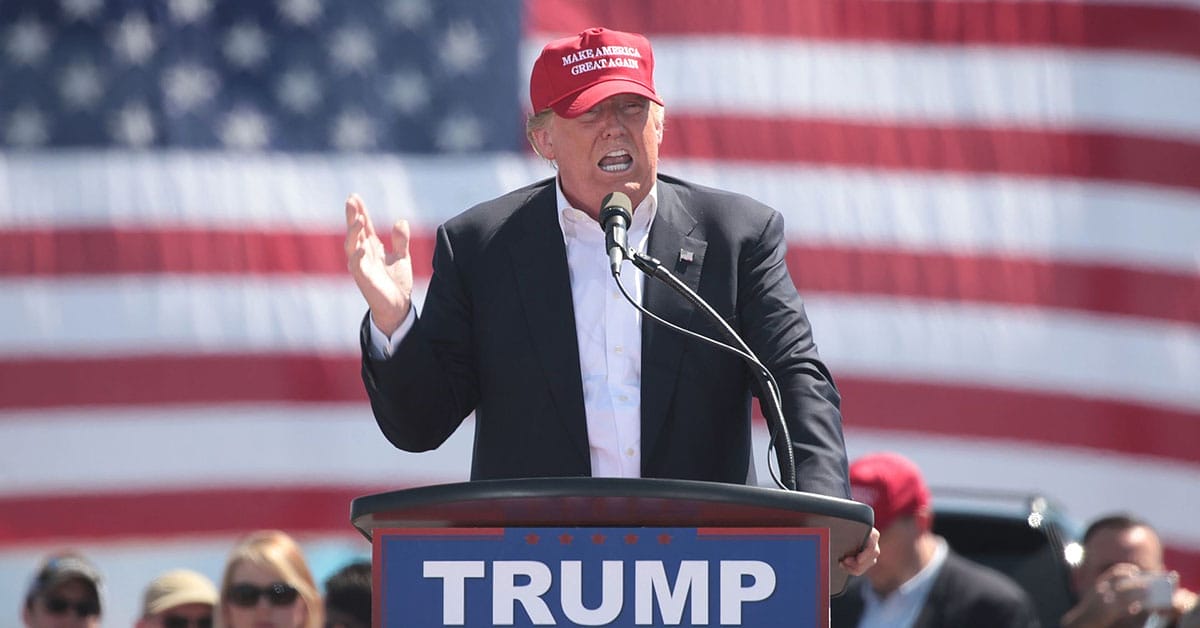
Alexander Hamilton wrote, “The judiciary, from the nature of its function, will always be the least dangerous to the political rights of the constitution; because it will be least in a capacity to annoy or injure them. The judiciary should have no influence over either the sword or the purse… It may truly be said to have neither force nor will, but merely judgement, and must ultimately depend upon the aid of the executive arm even for the efficacy of its judgements.” In reading Hamilton’s definition of the judicial branch, it is easy to feel a foreboding sense that the judiciary today may be wielding a little more in force and will than it was designed for. The concept of mere judgement within the rule of law seems to have dwindled into a political party’s discernment. American society has begun to judge the basis of a Supreme Court justice not on their constitutionality or ‘judgements’ but on their political leanings and whether it was a Progressive or Conservative president that appointed them. To be clear, it is indeed important whom a president appoints to the Supreme Court, but not for the credence of the judge, but for the credence of the president. Media and political party elites are championing judges as political powerheads when they ought to be simple arbiters of the law and only the law. Polarization has sunk its deadly teeth into the judicial branch, the supposedly least dangerous, because winners and losers are being chosen instead of deciding right and wrong. When right and wrong can no longer be ruled with justice, no American wins, and most certainly no American political party wins.
Let’s address the elephant in the room, and then subsequently the donkey, to further analyze the dwindling of a judgmental judiciary and authenticated rule of law. The Trump indictment reeks of political targeting especially considering the scandalous development of the classified material found to have been in Biden’s possession. The rule of law is dependent on laws being enforced across the board, to everyone and in every situation they are applicable. Picking and choosing when a law applies only erodes the public’s faith in the judicial institution and it also opens the doorway to the accusation of using an impartial institution for political purposes. No matter how bad a law is, it must be enforced (if it is indeed constitutional). Even though this does appear to be a political targeting of Trump, an even more insidious premise is being used to destroy the fairness and neutrality of the judicial system and it is one that the American people, and especially fellow conservatives, need to abandon with all due haste.
When reading about the Trump indictment in conservative and liberal news organizations, the judge assigned to the Trump indictment was mentioned. Conservative news organizations noted that the judge was appointed by Trump with a heavy implication that the judge should rule favorably for Trump due to this fact. What a horrible premise to accept: that a judge should give any weight at all to the political party or president who appointed them. This premise has been used for quite some time in conservative circles. We talk about how the Supreme Court is finally “conservative” or how openly “liberal” the 9th Circuit Court of Appeals is. We talk about how the court made a ruling that was a “win for conservatives, pro-lifers, etc.” We do this in reaction to the liberal news outlets and politicians who claim the opposite for liberal and progressive rulings. But by doing this in our reaction, we are backing the premise that the courts are siding with political parties instead of adhering to the Constitutional law of the land. We are accepting, through our rhetoric, the premise that the judicial system should be a third branch of political power instead of being the neutral referee in all our political dealings.
So, what should we do to combat the politization of what should be an impartial institution. The first lexicon and premise we should abandon is the one being forced upon us. Judges and justices should not be referred to as conservative or liberal. We should instead speak of their impartiality or their commitment to upholding the law. Activist judges should be spoken of in the most disdainful manner. Judges who change law or set it aside for their personal or political beliefs should be voted out of office. We need to reclaim the premise that the judicial system should be blind and fair. We must talk about rulings not as wins and losses for certain groups but instead we need to talk about how and why the rulings followed the law. The constitutional stability of laws is faltering as we speak. More credibility is being given to political party affiliation, and all sides are playing the same dangerous game. There is no doubt that a lot of work must be done to restore faith in the judicial institution, but it starts with educating our fellow citizens on the objectiveness, independence and detachment of the judiciary, even when it does not favor our chosen political party or its leaders.
The fact that we must openly worry whether the judge overseeing a case was or wasn’t appointed by Trump or Obama shows how political we have made the judicial branch. Instead, we should view and assess whether the judge seeks to be fair and unbiased to the applications of justice. Frankly, an Obama appointee could rule against conservatives every single time but if that judge showed in their ruling that the rule of law was applied fairly and was not actively twisted by judicial prejudice, then we as conservatives should openly and publicly celebrate those rulings. If a Trump appointee showed that they cared more about public opinion than the rule of law and incorrectly sided with conservatives, then we again should show that we stand on principle and call out the activism that judge is showing. By boldly, and sometimes inconveniently, standing on the side of truth and impartiality, we can restore faith in one of the most important institutions in our government by turning it back into an institution devoid of force or will.









Responses